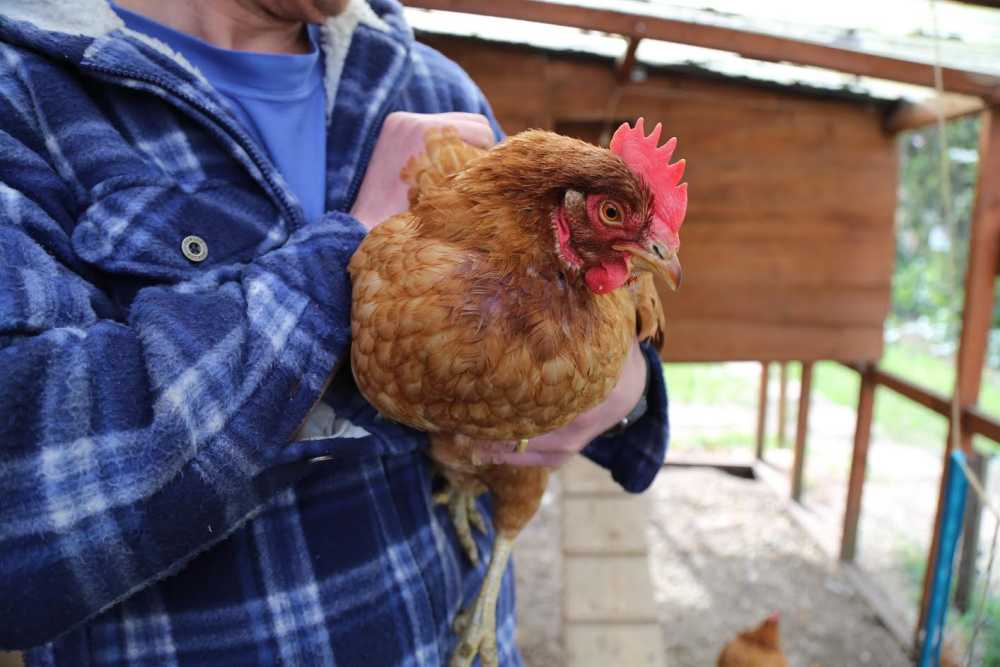
Four re-homed hens have been providing relief from the traumas of homelessness, substance abuse and mental health at a centre in Watford.
New Hope was founded in 1990 and provides beds for 60 people each night and helps hundreds more through support and development services.
The centre supports people recovering from addiction or mental health and physical issues via its Community Market Garden and, in August 2015, decided to re-home some ex-commercial hens via the British Hen Welfare Trust.
The garden offers a tranquil environment for New Hope’s service users which aims to raise their sense of wellbeing.
Care farming can become a key feature of the UK’s care provision and add millions to the rural economy, farming minister George Eustice said last year.
He said 240 UK farms are already adding nearly £30m to the rural economy and providing 300,000 health and social care placements every year.
At New Hope, Ian Bond - Community Market Garden Supervisor - said the centre decided to re-home some hens as a way of bringing people together to look after them.
The four hens, called Hope, Henrietta, Hatti and Harriet, fitted straight in at New Hope and became affectionately known as ‘the girls’.
'Comical'
Mr Bond said the hens have been loved and cared for warmly by service users.
“They have been the subject of a poem written during one of our poetry sessions and have been used as a way of encouraging wider engagement for our gardening workshops for those not drawn to gardening but who have a love for animals.”
The hens are looked after by New Hope’s service users who take it in turns cleaning out the hen house and petting the girls.
Mr Bond said people find them quite comical and have a lot of affection for them, even sometimes sitting and talking quietly to them when they think no-one is watching.
“Our girls are very well loved by almost everyone who spends time at the garden,” he continued.
“As well as providing opportunities for nurturing and care, they offer a lightness and relief from the traumas of homelessness, substance abuse and mental ill health.
“They also provide a means of making us a closer team by helping service users, who are often nervous of others, to interact with each other through a common interest.
“The hens — as they go about their days, weathering the winter, always happy for a bit of sunlight and the chance to have a dust bath — provide a reassuring presence which encourages expressions of love, something vitally important for the healing journey of recovery.”
